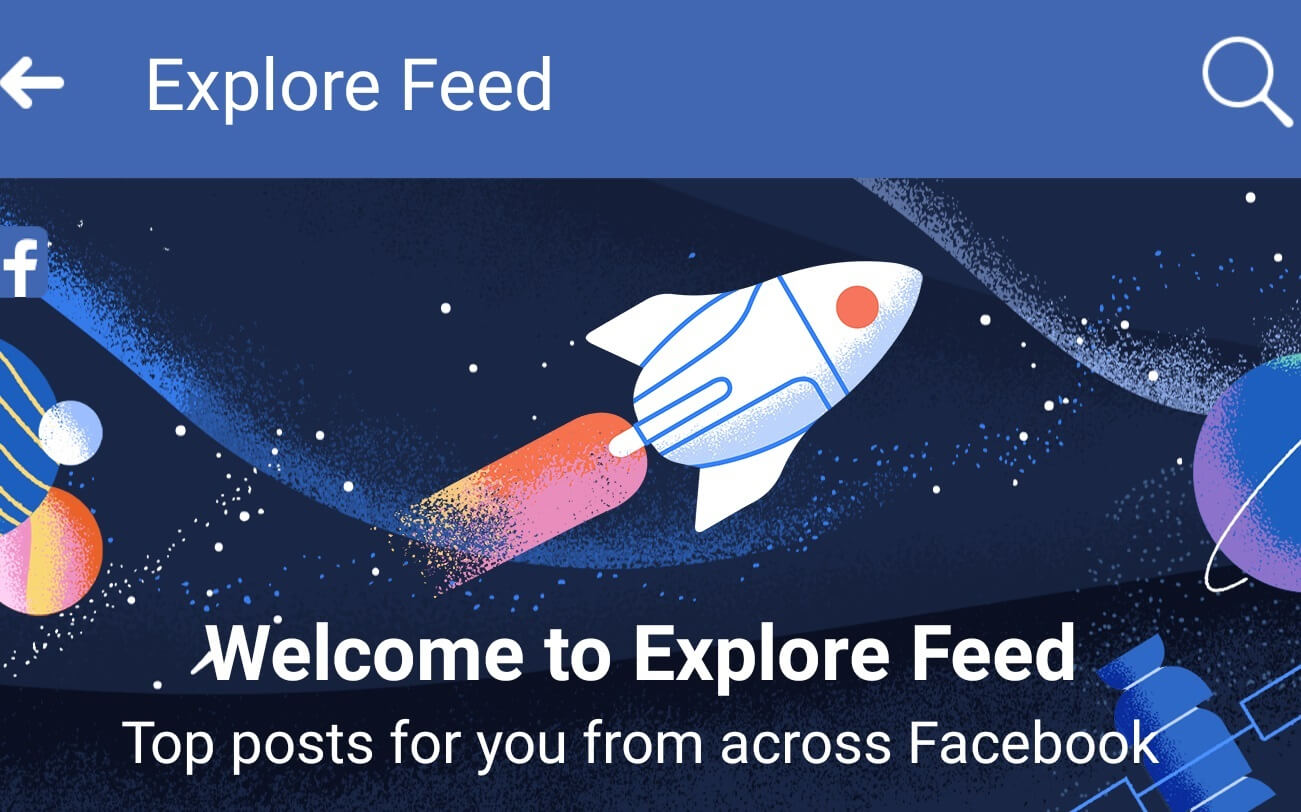Social media - and Facebook in particular - has changed the game for publishers and businesses of all sizes. In short, if you don't have a significant presence on social media, the odds of driving traffic to your site on a consistent basis aren't very high.
Conversely, Facebook hardly resembles what it once was from the viewpoint of the average user. Originally a collection of posts from friends and family, the News Feed has since been muddled down with entries from brands, athletes, entertainers, publishers and others - all vying for your attention.
The familiar model is poised for change, however, with the ongoing rollout of the "Explore Feed," a secondary feed designed to help users find new content from sources they don't already follow. In some countries, Facebook is apparently taking things a step further with an experiment that's having a devastating impact on publishers.

Facebook is experimenting in six markets - Slovakia, Sri Lanka, Serbia, Bolivia, Guatemala and Cambodia - with moving nearly all non-promoted posts to a secondary feed, thus leaving only posts from friends (and advertisements) in the main News Feed.
The Guardian notes that users' engagement with Facebook pages has dropped anywhere from 60 to 80 percent as a result. Filip Struhárik, a journalist at Slovakian newspaper Dennik N, says pages are seeing dramatic drops in organic reach.
For larger sites with multiple ways to communicate with readers, the impact hasn't been as noticeable. Smaller publishers that rely on social media, however, could see their business destroyed if the experiment is replicated more broadly.
Facebook issued the following statement on the matter.
"With all of the possible stories in each person's feed, we always work to connect people with the posts they find most meaningful. People have told us they want an easier way to see posts from friends and family, so we are testing two separate feeds, one as a dedicated space with posts from friends and family and another as a dedicated space for posts from Pages."
Matti Littunen, a senior research analyst with Enders Analysis, told the Guardian that the move was a classic Facebook play. "First give lots of organic reach to one content type, then they have to pay for reach, then they can only get through to anyone by paying." The biggest hits, he said, will come to publishers like Business Insider, Huffington Post and BuzzFeed that create commoditized content that aims for the biggest possible reach.

As Littunen explains, the experiment is clearly motivated by money on Facebook's part. And while it may seem refreshing to rid the News Feed of such content, it could very well backfire. "News Feed without news. Just friends and sponsored content. People will find out how boring their friends are," Littunen said.
In a follow-up statement after the Guardian's story was published, Facebook said it has no plans to roll the experiment out globally.
